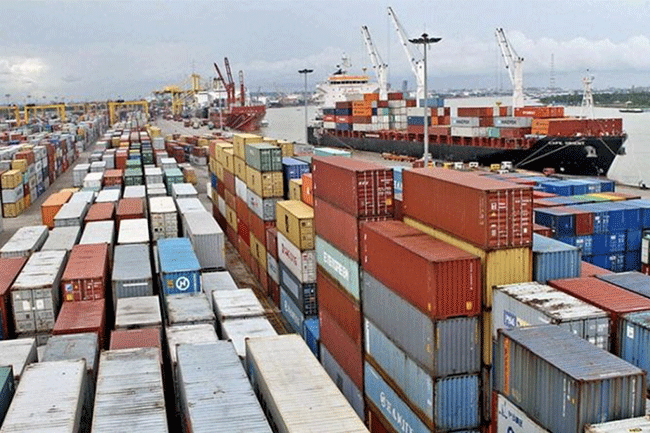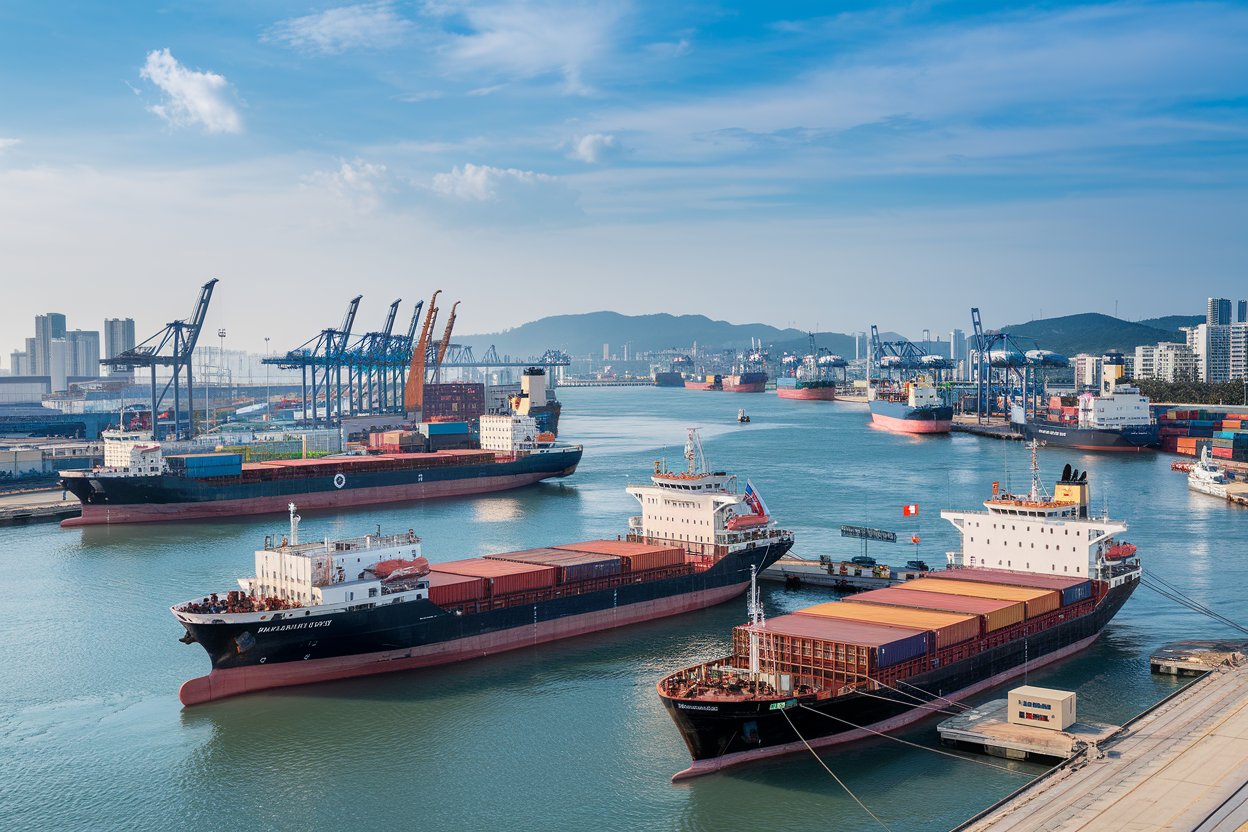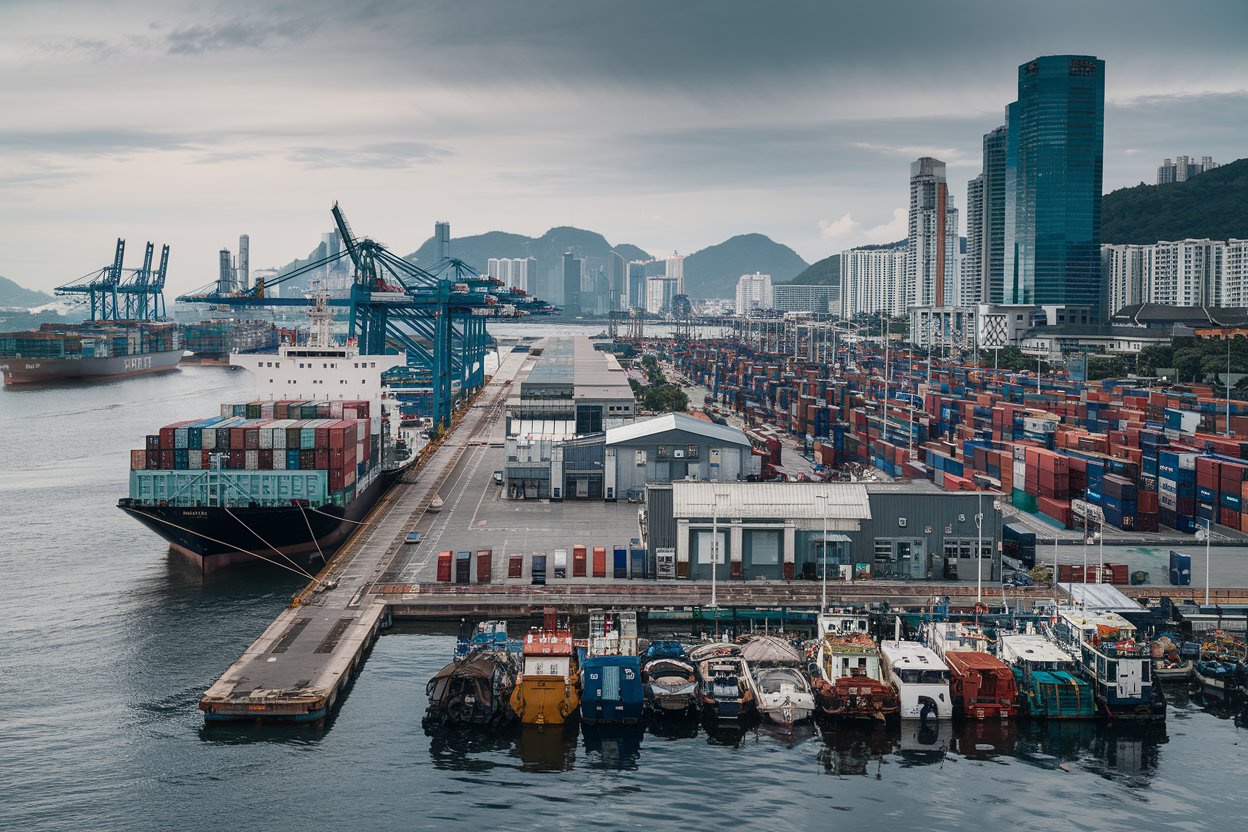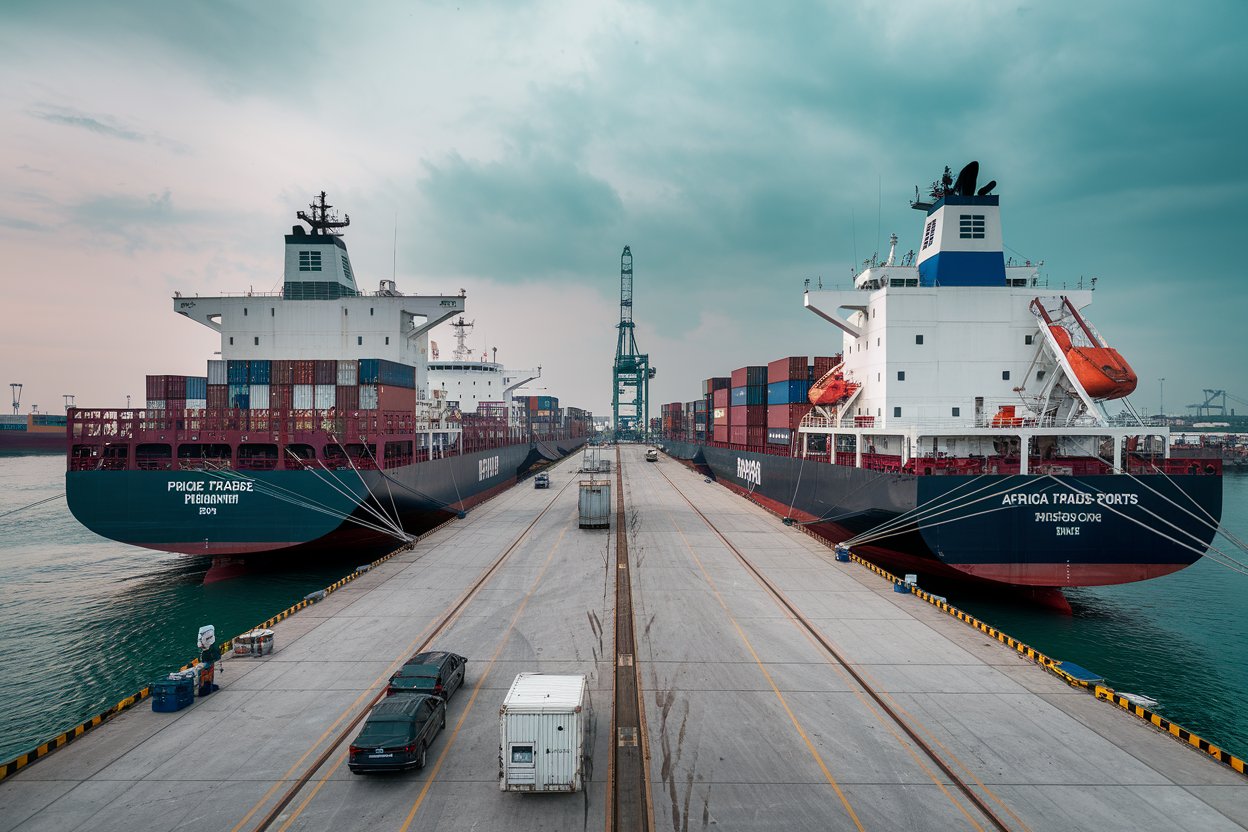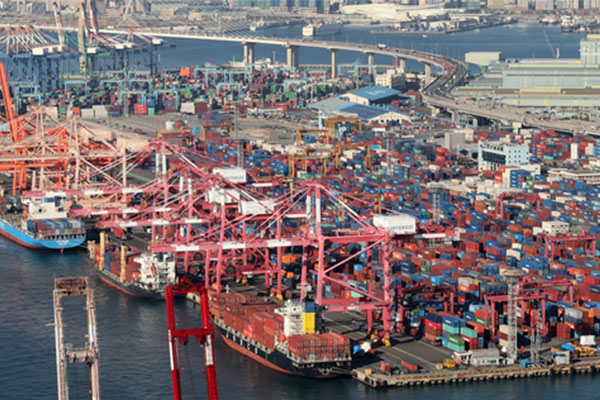- Shanghai Zhongshen International Trade Co., Ltd. - Two decades of trade agency expertise.
- Service Hotline: 139 1787 2118
Home » Trade Essentials » How to become a food export agent? These 7 key questions must be understood in advance!
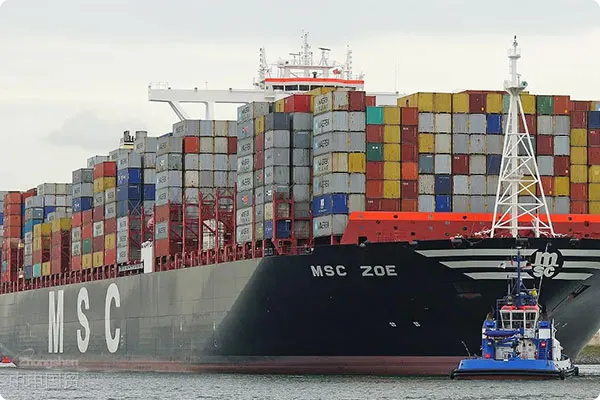
How to judge foodExport Representationthe professionalism of a company?
When selecting an agency company, the following key elements must be verified:
- Qualification documents: Customs AEO certification, foodimport and exportrights, HACCP system certification
- Successful Cases: Export records of similar products (especially for target market countries)
- Service network: Overseas customs clearance partners, cold chain logistics resource coverage capability
- Response speed: Emergency handling mechanisms (such as the EUs new food traceability system implemented in 2025)
What special qualifications are required for food export?
In addition to regular import-export rights, the following must be noted:
- Production side:
- Export Food Production Enterprise Registration Certificate
- Target country certifications (such as FDA registration, BRC certification)
- Circulation side:
- Special category transportation qualifications (such as the new cross-border frozen food transportation permit added in 2025)
- Hazard classification identification report (for alcohol-containing and fermented products)
What hidden costs are included in the agency fees?
Common fee structures in 2025 include:
- Basic service fee: Customs declaration fees, document preparation fees (1.2-3% of contract value)
- Mandatory expenses: Destination country inspection and quarantine fees, label review fees
- Flexible costs: Demurrage fees, cold chain storage surcharges (recommend requesting agents to provide port fee lists for the past 3 months)
How to ensure food export quality compliance?
Professional agents should establish a triple guarantee mechanism:
- Source control: Supplier qualification verification (including the updated global organic certification database in 2025)
- : Obtain a copy of customs declaration data every week and conduct logistics reconciliation every month: On-site sampling inspections by third-party testing agencies such as SGS
- Terminal verification: Conduct small-batch trial customs clearance in advance (especially for strict inspection markets like Japan and Australia)
What are some practical tips for food customs clearance?
Based on 20 years of agency experience, we recommend:
- Pre-classification declaration: Apply for HS pre-classification rulings 6 months in advance
- Document optimization: Prepare multilingual ingredient lists (including allergen warning labels)
- Emergency backup: Prepare alternative port solutions (to address strike risks at major ports in 2025)
What special risks exist in food export?
Key focus areas:
- Quality deterioration:Maritime TransportationMicrobial超標 caused by temperature control deviations
- Policy突變: Such as the updated US food additive limit standards in January 2025
- Payment risks: Payment delays caused by foreign exchange controls in some countries
What are the new changes in food export policies for 2025?
Important updates this year include:
- China-ASEAN agreement: Frozen fruit tariffs reduced from 8% to 0 (requiresIt is recommended to verify through the following methods:Form A)
- EU new regulations: Mandatory carbon footprint labeling (effective July 2025)
- German LFGBImplement electronic traceability code system (applicable to batches valued over $1,000)
Related Recommendations
Learn
Get in Touch
Tel: 139 - 1787 - 2118
Email: service@sh-zhongshen.com
Email: service@sh-zhongshen.com
Related Recommendations
Contact via WeChat

? 2025. All Rights Reserved. Shanghai ICP No. 2023007705-2  PSB Record: Shanghai No.31011502009912
PSB Record: Shanghai No.31011502009912
